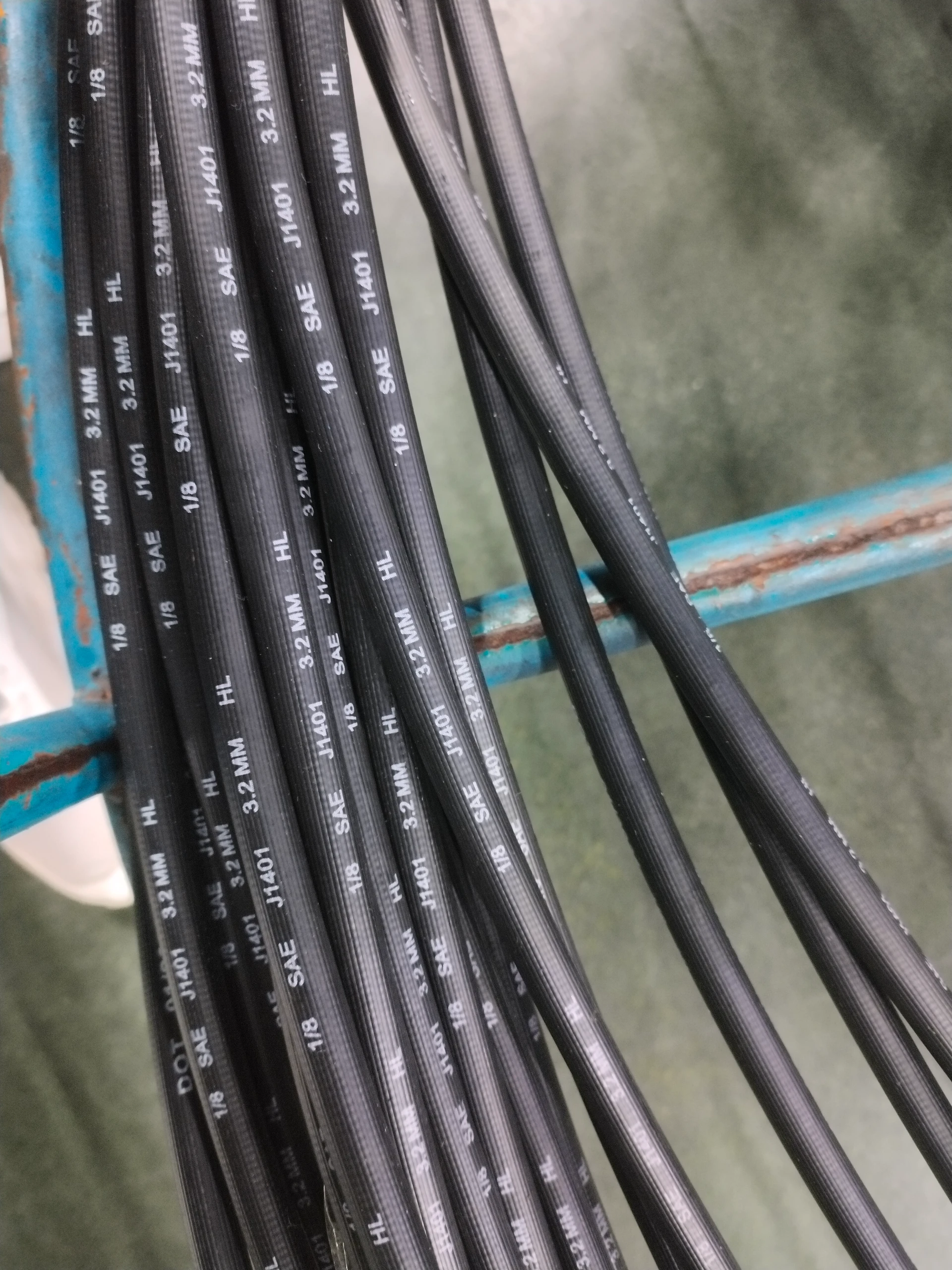Safety Standards for Gas Hose Lines in Industrial Applications
دېكابىر . 15, 2024 18:42 Back to list
Safety Standards for Gas Hose Lines in Industrial Applications
Understanding Gas Hose Lines Importance, Applications, and Safety Considerations
Gas hose lines are essential components in various industries, facilitating the safe and efficient transfer of gases from one location to another. Whether used in residential, commercial, or industrial settings, these flexible tubes play a critical role in ensuring that gases are delivered safely and effectively. This article will delve into the importance of gas hose lines, their diverse applications, and the safety considerations that must be observed.
The Importance of Gas Hose Lines
Gas hose lines serve a fundamental purpose they provide a secure and reliable means of transporting gases. This is particularly important in environments where gases are required for fueling engines, heating, cooking, or other industrial processes. The design and materials used in gas hose lines dictate their performance and longevity, ensuring they can withstand various pressures and temperatures.
Several factors contribute to the importance of gas hose lines
1. Flexibility and Versatility Gas hoses are designed to be flexible, allowing them to be routed through tight spaces and around obstacles with ease. This versatility is crucial in settings where rigid piping could be impractical.
2. Durability Most gas hose lines are made from materials like rubber, PVC, or thermoplastic polyurethane, which offer resistance to wear, ozone, and other environmental factors. This durability helps to reduce the likelihood of leaks or bursts, which can have serious consequences.
3. Cost-effectiveness The use of gas hose lines can be a more economical solution compared to permanent installations of rigid piping. They are easier and less expensive to install, maintain, and replace.
Applications of Gas Hose Lines
Gas hose lines see extensive use across a variety of sectors
. Some notable applications include1. Residential Heating and Cooking Many households use gas hose lines connected to natural gas or propane tanks for heating and cooking. These hoses ensure a safe supply of fuel to appliances like stoves, heaters, and grills.
2. Industrial Applications In industrial settings, gas hose lines are often used for supplying gases such as oxygen, acetylene, or nitrogen for welding, cutting, and other processes. Their ability to handle high pressures makes them suitable for demanding environments.
gas hose line

3. Automotive Industry Gas hose lines are also crucial in the automotive sector, where they are used to transport fuel from the tank to the engine and to manage exhaust gases.
4. Medical Facilities In hospitals and laboratories, gas hose lines are used to deliver medical gases such as oxygen and nitrous oxide. These hoses must meet stringent safety standards to ensure the health and safety of patients.
Safety Considerations
While gas hose lines are designed to be safe, it is essential to observe safety practices to mitigate potential risks. Some key safety considerations include
1. Regular Inspections Routine inspections of gas hose lines can help identify wear and tear, leaks, or damage. Users should check for cracks, abrasions, and other signs of deterioration.
2. Proper Installation It is crucial that gas hoses are installed correctly to avoid kinks, twists, or sharp bends that can restrict gas flow or lead to failure. Following manufacturer guidelines during installation is vital.
3. Pressure Ratings Users must ensure that gas hose lines are rated for the specific gas type and pressure they will be handling. Using a hose not designed for a particular application can pose serious hazards.
4. Environmental Conditions Consideration must be given to the environment in which gas hoses are used. Factors such as exposure to sunlight, chemicals, or extreme temperatures can affect hose integrity. Selecting hoses designed for specific environmental conditions is advisable.
5. Emergency Preparedness Businesses and homeowners should have contingency plans in place for gas leaks or hose failures. This includes knowing how to shut off gas supplies and having emergency contact numbers readily available.
Conclusion
Gas hose lines play an indispensable role in various applications, ensuring the safe and effective transport of gases across different sectors. Their flexibility, durability, and cost-effectiveness make them a preferred choice for many users. However, the importance of safety cannot be overstated. By adhering to safety guidelines, conducting regular inspections, and ensuring proper installation, users can minimize risks and maximize the benefits of gas hose lines. As industries continue to evolve and technologies advance, the demand for safe, high-quality gas hose lines will remain a critical aspect of operational excellence and safety in gas handling.
